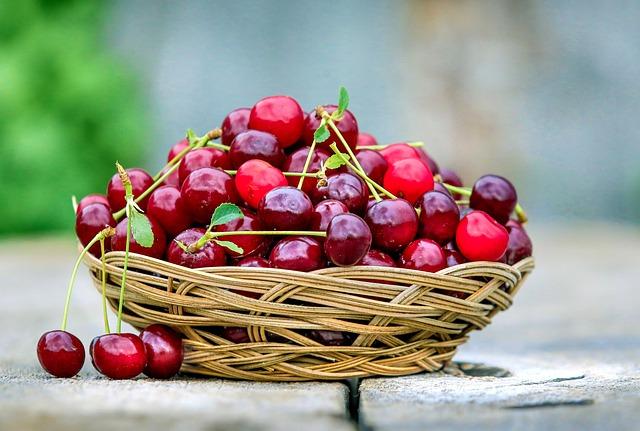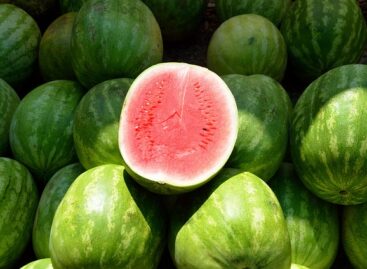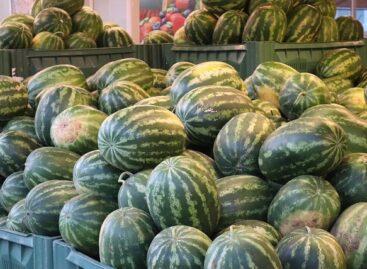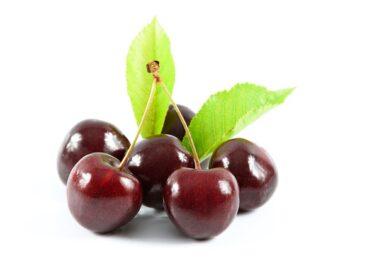The cherry harvest is plentiful, but prices remain high
The first weeks of the cherry season paint a positive picture of this year’s production in Hungary. Ferenc Apáti, the president of the FruitVeB Hungarian Fruit and Vegetable Association and Product Council, told Népszava that although the size of the fruits in some areas more exposed to drought is slightly below expectations, the overall yield is higher than in previous years, and there were no major frost damage or plant protection problems. the plantations.

On the Budapest Wholesale Market, the price of cherries with smaller seeds ranges from HUF 600-700 per kilogram, while for large, nicely selected fruits, they can ask up to HUF 3,000. The price of cherries on consumer markets fluctuates between HUF 1,500 and HUF 3,500, depending on size and packaging.
Thanks to the favorable weather, the early cherry varieties, such as Bigarreau Burlat and Valery Tskalov, were already on the market in mid-May, and the picking is still taking place. The harvest of other popular varieties such as Nimba, Vera, and Carmen has also begun, and in the coming weeks, further large quantities are expected to arrive from the regions of southern Hungary.
The market situation is complicated by the fact that the sale of cherries with small seeds is difficult. The sales problems experienced in the early part of the season are expected to persist throughout the season, which also affects customer behavior. Due to the low purchasing power experienced in fruit and vegetable stores, many people prefer the cheaper apples and bananas to the more expensive cherries.
Related news
Minister of Agriculture: horticultural tenders help maintain
🎧 Hallgasd a cikket: Lejátszás Szünet Folytatás Leállítás Nyelv: Auto…
Read more >Horticultural tenders help the survival of Hungarian melon production
🎧 Hallgasd a cikket: Lejátszás Szünet Folytatás Leállítás Nyelv: Auto…
Read more >Related news
Lidl guarantees fairer prices for cocoa farmers
🎧 Hallgasd a cikket: Lejátszás Szünet Folytatás Leállítás Nyelv: Auto…
Read more >40 secure jobs, sustainable solutions – new BURGER KING® in Csepel
🎧 Hallgasd a cikket: Lejátszás Szünet Folytatás Leállítás Nyelv: Auto…
Read more >









